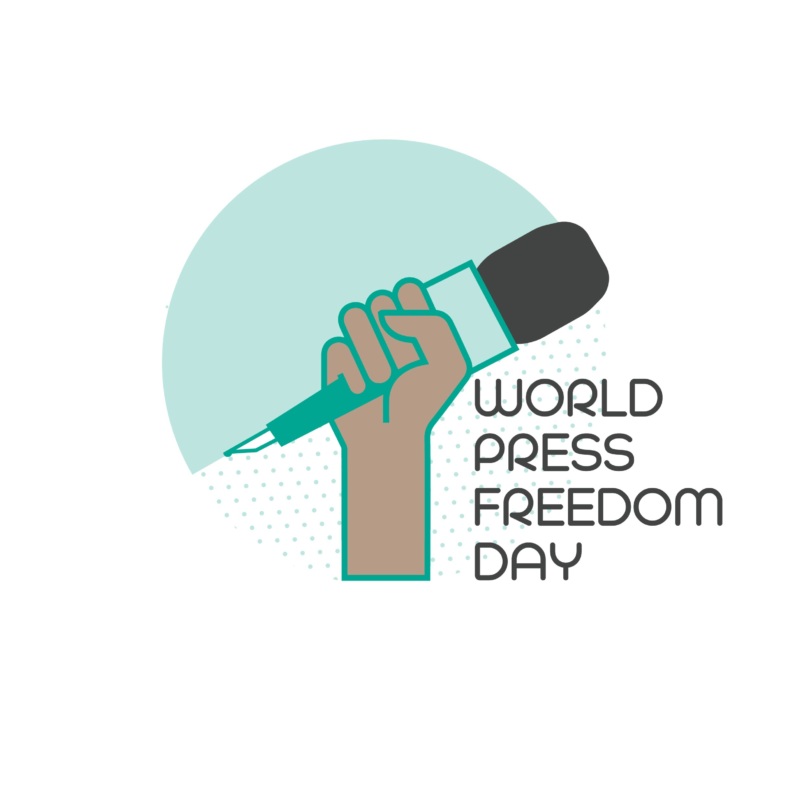
Behind the headlines: Blocking press freedoms
This article is from a previous issue of our Get Smart About News newsletter for the general public, which explores timely examples of misinformation as well as press freedom and social media trends and issues. Subscribe to our newsletters.
By Suzannah Gonzales
Journalism — “arguably the best vaccine against the virus of disinformation” — is obstructed in a majority of countries around the world, according to Reporters Without Borders (RSF) and its new press freedom ranking.
The 2021 World Press Freedom Index, an annual ranking of 180 countries and territories, showed that journalism “is totally blocked or seriously impeded in … 73% of the countries evaluated.” The “data reflect a dramatic deterioration in people’s access to information and an increase in obstacles to news coverage,” an overview of the ranking said. COVID-19 is being used to block availability to sources and reporting on the ground, making it hard to cover controversial stories. RSF questioned whether access will improve once the pandemic ends.
In addition, RSF noted a troubling measure of public mistrust of journalists, citing the results of a survey in 28 countries called the 2021 Edelman Trust Barometer. It found that nearly 60% of those who responded believe “journalists deliberately try to mislead the public by reporting information they know to be false” when in actuality, journalism combats “infodemics” of misinformation and disinformation, RSF said.
The United States advanced one place (to 44) with its press freedom categorized as “fairly good,” RSF said, despite unprecedented numbers of assaults against and arrests of journalists (about 400 and 130, respectively).
Norway remained at the top of the list for the fifth year, and Finland held on to its second-place spot while Sweden reclaimed its third-place ranking. Totalitarian countries once again claimed the bottom three places — Turkmenistan (178), North Korea (179) and Eritrea (180). Malaysia, which recently enacted a law against what authorities deem false content, dropped the most in the ranking — 18 spots to 119.
Related:
- “Governments are using Covid-19 as an excuse to crack down on press freedom” (Sara Torsner and Jackie Harrison, Nieman Lab).
- “Guilty Verdict for Hong Kong Journalist as Media Faces ‘Frontal Assault’” (Austin Ramzy and Tiffany May, The New York Times).
- “Very telling/chilling response by Hong Kong government to latest RSF press freedom rankings” (Timothy McLaughlin, Twitter).
- “Listening to what trust in news means to users: qualitative evidence from four countries” (Reuters Institute).

